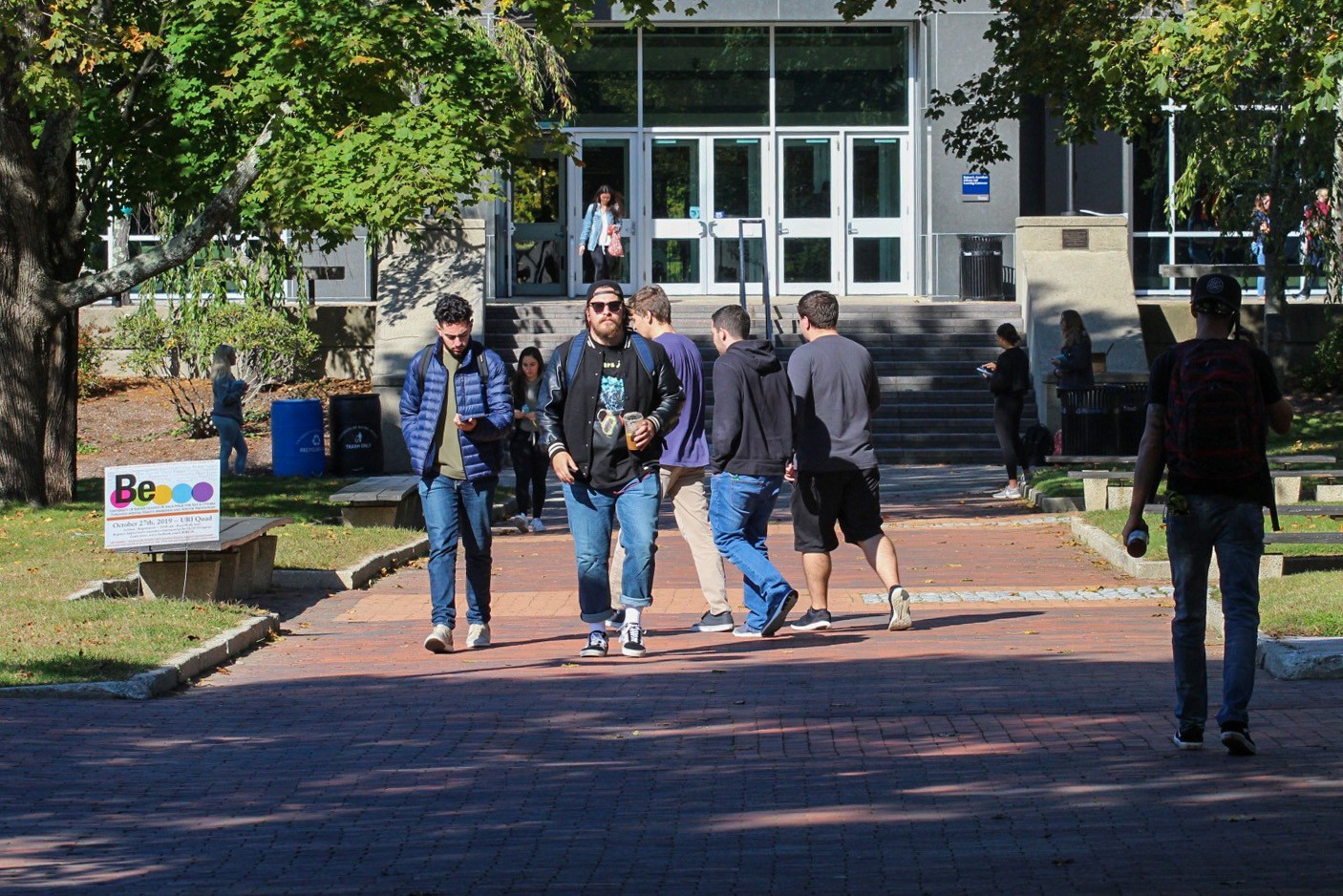URI received $2.4 million to fund two new campus innovation projects.
Studies of gene therapy to combat hard tumor cancers and studies of textiles and composites have been announced as next the two campus innovation projects.
A total of $2.4 million has been awarded to the two new campus innovation projects from the Innovation Campus bond, according to the Rhode Island Commerce Corporation.
The Rhode Island Cell Therapy Training Institute, one of the projects announced, was awarded $1.4 million from this round of funding, which will involve the University of Rhode Island and Roger Williams Medical Center (RWMC). According to the Rhode Island Commerce Corporation, $7 million will be contributed to the project by RWMC and its “corporate parent CharterCARE Health Partners” over the project’s lifetime.
This project will partner with Dr. Steven Katz, who has been researching immunotherapy treatments for cancer involving Chimeric Antigen Receptor T cells (CAR T) gene therapy.
“[This] has been very successful in clinical trials,” said Katharine Flynn, the Executive Director of the URI Business Engagement Center.
Pete Rumsey, director of the Rhode Island Campus Innovation Projects, explained that CAR T gene
“This is very widely accepted as the next generation of cancer treatment methodologies,” said Rumsey.
This program will work to create an education center for immunotherapy nurses alongside Katz, who was described as an expert in the field and is considered a “global leader,” according to Flynn.
Flynn said that Katz has discovered that he only has one nurse that can handle all of the immunotherapy patients he sees, which is the reason he got involved with this nursing education program.
“He believes that as immunotherapy becomes, sort of, the go-to way to treat cancer there are going to be more and more need for nurses in that field and so he wants to set up a program at URI for those nurses,” said Flynn.
Students at URI can also look forward to a “cell manufacturing technician program at URI” as well, according to the Rhode Island Commerce Corporation.
The second campus innovation project, the “401 TechBridge,” or Rhode Island Materials Innovation Center, will involve partnership with “POLARIS MEP, Toray, Composites One, Hope Global, the International Yacht Restoration School of Technology and Trades (IYRS), the Rhode Island Marine Trades Association (RIMTA), the Composites Alliance of RI (CARI), the Rhode Island Textiles Innovation Network (RITIN), the Rhode Island Manufacturers Association (RIMA) and DESIGNxRI,” according to the Rhode Island Commerce Corporation.
This innovation campus received $1 million from this round of funding. This will be matched by $5 million invested by other sources, including the U.S. Department of Commerce, according to the Rhode Island Commerce Corporation.
The 401 TechBridge Center will involve research of composites and textiles, which may include projects such as running sensors through military uniforms to track soldiers, according to Flynn.
“The idea, again, is to do a lot of testing and to help both industries, sort of, go into a more advanced stage,” said Flynn.
There will be two campus sites for this project.
One of the sites will be in Portsmouth, Rhode Island, which will be the “Catalytic Center.” Here, PolarisMEP and partners, as well as local manufacturers, will be able to work on problems brought forth by organizations such as the United States Navy and the Rhode Island Turnpike and Bridge Authority, according to Rumsey.
The second campus site will be in the new Fascitelli Engineering Building where research and development will be done to be tested at the Portsmouth site. There will be a lab in the basement of the building for this research.
This innovation campus project will be aimed towards students in engineering-specific majors, as well as some cross-disciplinary studies of cells, according to Rumsey.
The projects aim to create new opportunities and jobs for URI students in different areas of study.

